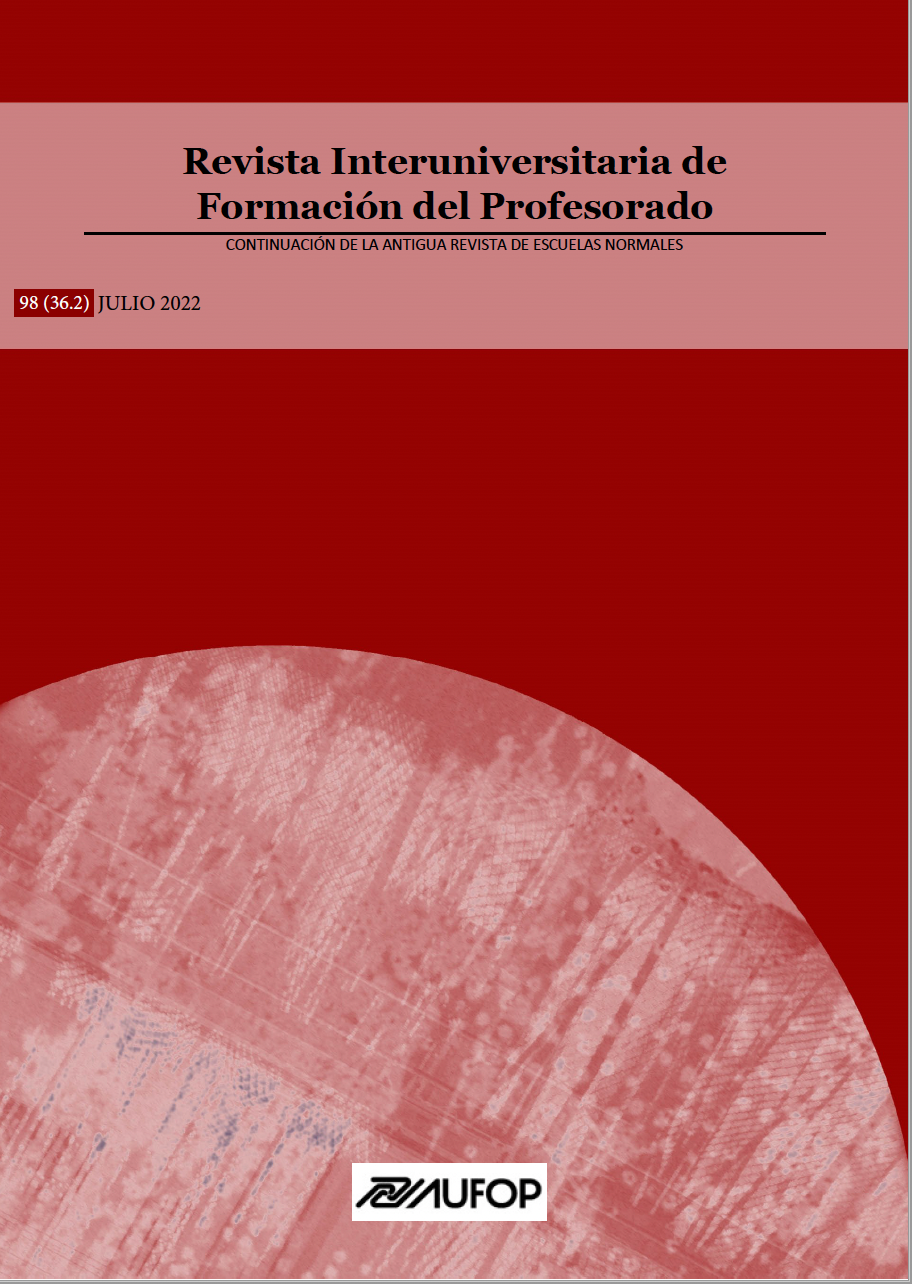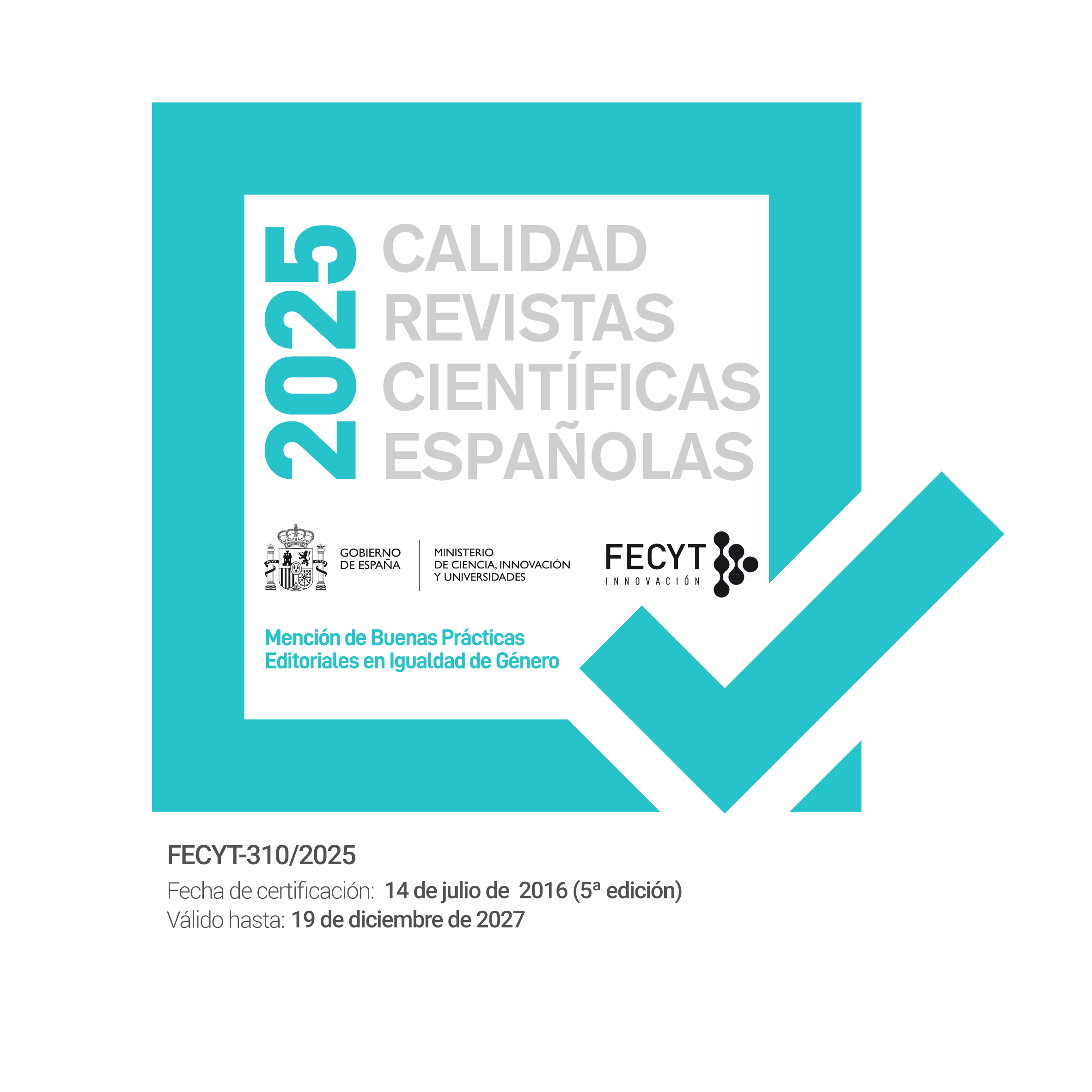Analysis of open education in Latin America in the framework of UNESCO's new recommendations
DOI:
https://doi.org/10.47553/rifop.v98i36.2.94059Resumo
Open education presents options to support digital competences, especially in times of international recommendations and complex environments. In November 2019 UNESCO issued new recommendations to mobilize open education, around that time signs of pandemic 2019 also appeared. This article looks at the context of Latin America to analyze its open education practices in this framework, in order to locate challenges and opportunities linked to global recommendations and the link with teacher training. The method of systematic literature review (SLR) has been used, based on the identification of 253 articles on the subject of open education, in the indexing systems: Web of Science (WOS) and Scopus, from 2014 to 2019. From this base, the 15 publications of authors from Latin America were identified that constituted the basis of analysis for this SLR. Inclusion, exclusion and quality criteria were applied to obtain the most relevant information. The results show the geographical distribution of authors, the type of methodology used, practices, dimensions, cross-cutting areas, challenges and opportunities linked to recommendations. This document provides value in light of new UNESCO recommendations and pandemic times, for training environments, the location of educational innovations, and the impetus for future education and research.
Downloads
Publicado
Como Citar
Edição
Secção
Licença
The "Revista Interuniversitaria de Formación del Profesorado (RIFOP)", with ISSN print 0213-8646 and ISSN electronic 2530-3791), adheres to the copyright notices proposed by Creative Commons
Authors’ rights
Papers published in the journal are subject to the following terms:
1. The Asociación Universitaria de Formación del Profesorado (AUFOP) is the editor of the RIFOP and holds the copyright of the papers published therein. The reuse of these is allowed under the license for use as indicated under point 2.
© Asociación Universitaria de Formación del Profesorado (AUFOP)
2. The papers are published in electronic version under the license CreativeCommons Reconocimiento-NoComercial-SinObraDerivada 3.0 España (texto legal). Papers can be copied, used, disseminated, transmitted and publicly exhibited provided that: i) the authorship and original publication source are cited (journal, editors and URL of the paper); ii) they are nit used for commercial gain; iii) the existence and specifications of the license for use are mentioned.
3. Auto-archiving conditions. Authors are allowed and encouraged to disseminate electronic pre-print versions (versions prior to peer review) and/or post-print (versions reviwed and accepted for publication) of their papers prior to their publication, since this favors prompt circulation and dissemination and supposes a possible increase in cites and scope within the academic community.
Privacy declaration
The names and email addresses incorporated into this journal will be used solely for the declared purposes of the journal and will not be available for any other purposes or to third parties.






